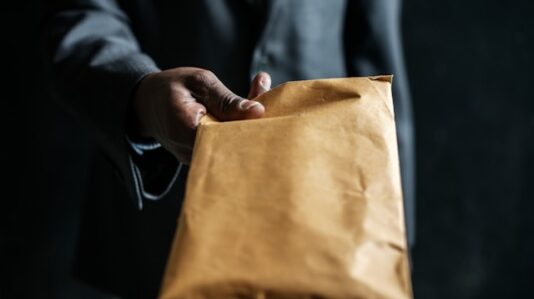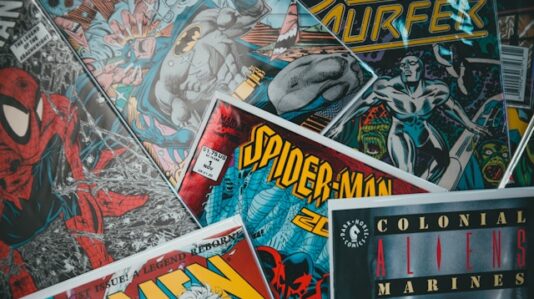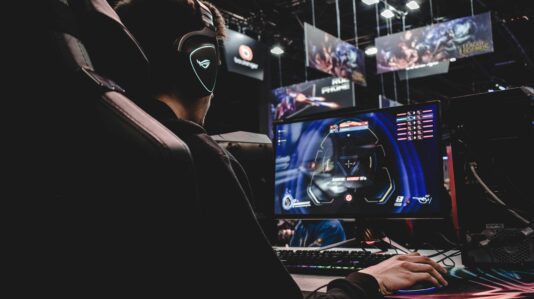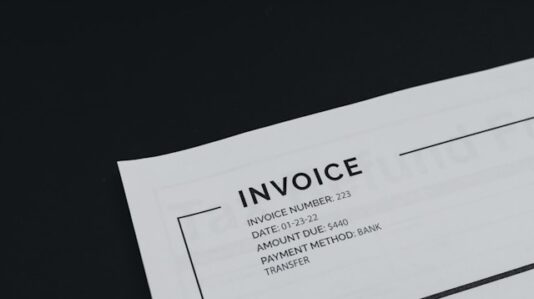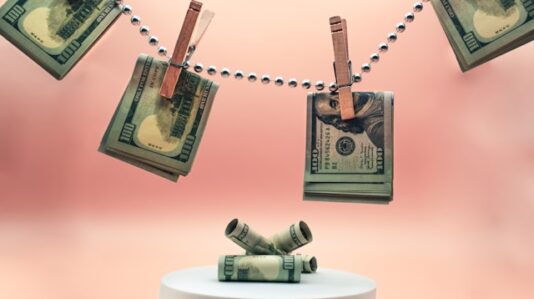Home /Blogs
Blogs
Latest
All Categories
- AI
- Bankruptcy
- Business
- California
- Contract Drafting
- Copyright
- Corporate
- Covid-19
- Cryptocurrencies
- Defamation
- Discrimination
- Dispute
- Employment
- Entertainment
- Fashion
- Florida
- From the blog
- General
- Intellectual Property
- Internet
- Litigation
- Maryland
- Massachusetts
- Media
- Media Appearances
- New Jersey
- New York
- News
- Sports
- Technology
- Texas
- Trademark
- Transportation
- Uncategorized
- Video Content
- Videos








